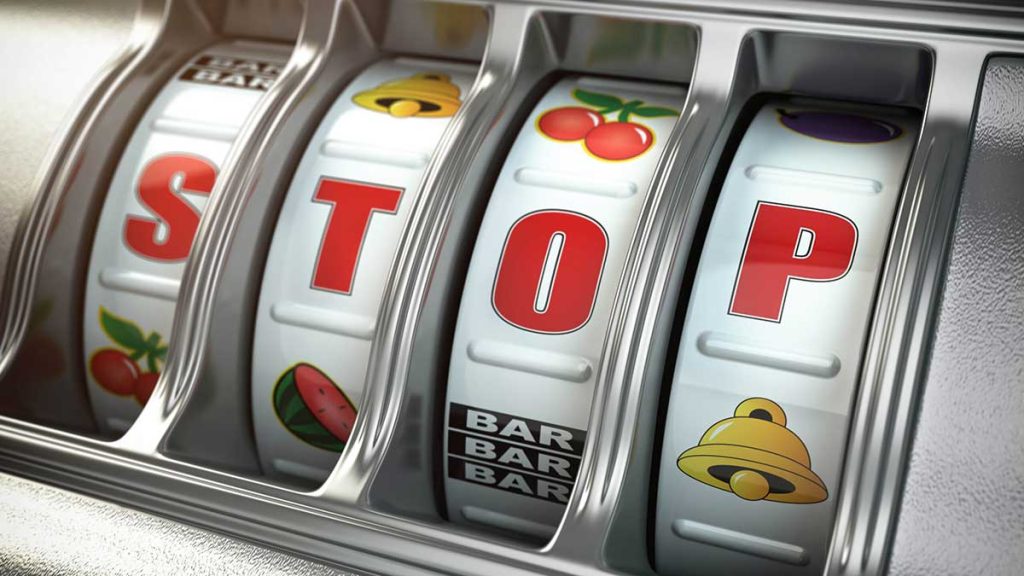The Pennsylvania Gaming Control Board (PGCB) has achieved a significant milestone by processing its 20,000th voluntary request for self-exclusion from the state’s brick-and-mortar casinos.
Pennsylvania’s Casino Self-Exclusion Program first launched in 2006 to provide gamblers with the option of excluding themselves from the state’s legal casinos and retail sportsbooks. The PGCB, under the leadership of Elizabeth Lanza, director of the Office of Compulsive and Problem Gambling, recommends that people with gambling problems get help and weigh the advantages of these self-exclusion programs.
“The Casino Self-Exclusion Program, along with the agency’s three other self-exclusion programs, are effective and proven tools that allow for individuals to regain control over their lives and to learn about other recovery resources. The Pennsylvania Gaming Control Board encourages anyone who thinks they may have a gambling problem to seek treatment and consider taking advantage of the voluntary self-exclusion programs.”
Elizabeth Lanza, director of the Office of Compulsive and Problem Gambling (OCPG).
The Numbers
Of the people who have signed up for the Casino Self-Exclusion Program, 21% (4,335) have chosen a lifelong ban. Participants ages vary from 21 to 102, and although there are more men than women in the program overall, 12,811, the program is open to people of all genders and sexual orientations.
The PGCB regulates different self-exclusion programs, including those for casinos, VGTs, and daily fantasy sports. The number of people participating in these programs may be small, but they expand choices for those who want to cut themselves off from gambling altogether or from just certain forms of it.
Booming Gaming Sector
The extension of gaming laws in 2017 helped Pennsylvania overtake New Jersey as the most lucrative commercial gambling state in the United States, behind only Nevada. There are presently 17 casinos open in the state, and in the last year gamblers in the state won a total of $5.22 billion from casinos, iGaming sites, sportsbooks, video gaming terminals, and fantasy sports. Additionally, being considered is the opening of an 18th casino in the area around Penn State University.
It is therefore very clear why there are concerns about potential downsides of the gambling sector in the Keystone State. Self-exclusion programs, such as those offered by the PGCB, are useful in fostering an environment of responsible gambling and connecting people with the help they need to overcome any issues they may have with their gaming.
